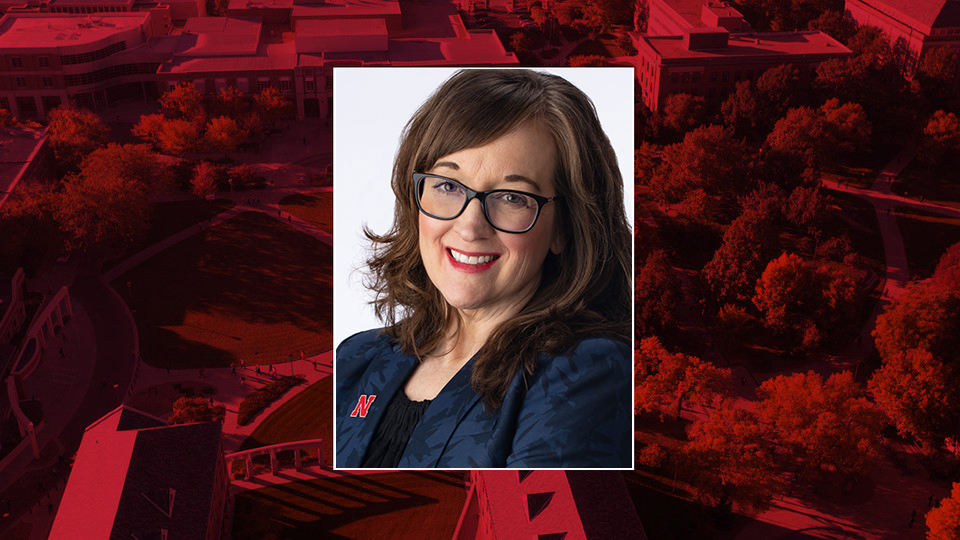
Canvas course embedded videos could be a helpful addition for instructors teaching AP Style or journalistic writing and editing to expand the perspectives of students and their language choice as editors and writers when seeking career paths in media. They could also help instructors keep up with the ever-changing nature of editing rules.
In alignment with the N2025 strategy, the Center for Transformative Teaching awards a number of small teaching grants to Husker faculty each year. During the 2021-2022 academic year, Jessica Fargen Walsh, an assistant professor in the College of Journalism and Mass Communications, used her CTT grant to have Buoy (a student-run advertising and branding agency within the college) produce a series of videos featuring diverse journalists talking about inclusive language. The videos for Walsh’s project, Language Choices in the Media: Editing and Writing for Inclusion and Equity, were designed to be embedded in the Canvas course for JOUR 200A Fundamentals of Editing and Reporting, a core course in the journalism college that is required for all majors. After watching the videos, students took quizzes and wrote reflection papers on each video’s editing topic.
“I intentionally recruited and represented diverse voices so students of all abilities, races and genders could see themselves being editors,” Walsh said. “The journalists discussed editing content while being inclusive and consistent when it comes to passive voice, race, personal pronouns, ethnic groups and disabilities.” Evidence of how the project impacted student learning was evaluated through open-ended quiz questions. For many of the topics, students had never heard of or thought about the issues. “One editing goal in JOUR 200A is for students to think critically about language choices. These videos helped reach that goal,” said Walsh.
“Our wording can subjugate a part of society that may last indefinitely. We need to evolve with the changing world, but we have to take care of what is already here,” one student said. Specifically referencing the ableism video content, another student said, “I learned a lot about what we should be saying regarding someone with a disability. Before this video, I really didn’t know how to write about someone who has a disability or the correct terminology. Now, I know to be straightforward and clear. Using terms with negative connotations is not the approach to take when writing about someone with a disability.”
Students aren’t the only ones who learned from this project. When prompted to discuss how the completed project offered opportunities for learning for yourself, Walsh said, “I learned a lot about how I can be a more inclusive editor, particularly around issues of personal pronoun use. My interview with Sara Ziegler helped me see how editors are addressing and editing for this issue and what their thought process is.” Sara Ziegler is a sports podcaster and editor formerly at FiveThirtyEight.com and now at The New York Times.
Pedagogic Intervention grants support faculty in exploring learning experiences that promote experiential, interdisciplinary, or active approaches, whether teaching face-to-face, hybrid, or online courses. CTT is committed to student success through inclusive, innovative, research-informed teaching. Faculty use grant funds to create transformative learning experiences that engage students in co-creating knowledge, increasing interdisciplinary inquiry, demonstrating achievement, and preparing for their futures.
More details at: https://teaching.unl.edu/opportunities/teaching-grants/